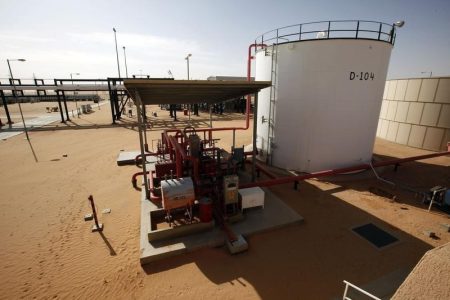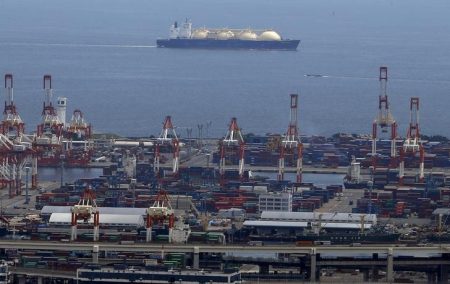Gold prices have seen a significant surge this week, driven by escalating tensions in the Middle East and indications from Federal Reserve Chair Jerome Powell about a possible pause in rate hikes. reached $1,967.70 per ounce, while U.S. climbed to $1,980.60.
The ongoing conflict in Gaza, characterized by Israel’s aggressive airstrikes and backed by global leaders including U.S. President Joe Biden and British Prime Minister Rishi Sunak, has played a key role in this price increase. The geopolitical instability has contributed to the bullish trend in the precious metal market.
Despite the recent surge, TD Securities anticipates an imminent “buying exhaustion”. It suggests that deteriorating U.S. data could stimulate interest in gold, with a potential recession driving prices beyond $2,100.
On the monetary policy front, Powell’s remarks on the rise in bond yields reducing the need for additional rate hikes have led traders to predict a 68% chance of no rate hike in December. This shift in expectations has further supported gold’s upward trajectory.
In addition to these factors, the falling and Benchmark Treasury yields may enhance gold’s appeal as a safe haven asset. As investors continue to navigate through these uncertain times, it remains to be seen how these various elements will continue to shape the trajectory of gold prices.
This article was generated with the support of AI and reviewed by an editor. For more information see our T&C.
Read the full article here















